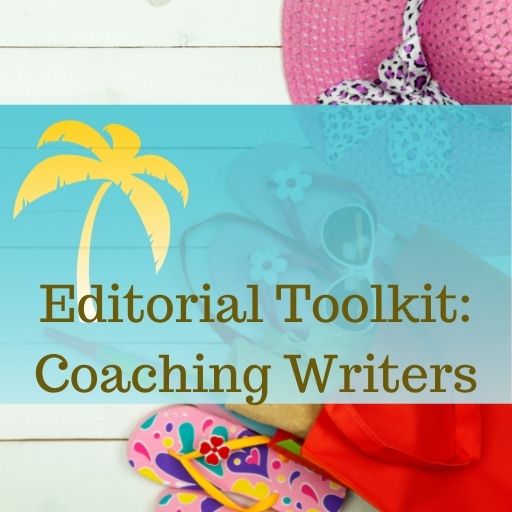Coaching for introverts (people who hate talking on the phone/Zoom/in person)

Coaching for introverts
Editors, like authors, are often introverts (me among them). This can make them/us/me resistant to offering coaching as an option for writers as it seems like a service that has to be delivered in person or over a phone/Zoom call in one-hour increments.
Many introverts have trouble even meeting friends in person, let alone clients, and don’t get me started about how much we hate talking on the phone. HATE HATE HATE it. With a fiery, all-consuming passion. (Or maybe that’s just me).
You don’t have to be an introvert to be filled with ennui at the thought of coaching this way. Some people dislike the feeling of being put on the spot to answer questions immediately or struggle to be at a specific time and place to attend a meeting or deliver a scheduled call.
Coaching for introverts can be an obstacle, but here are some tips on how to overcome it.
How to deliver coaching services
But coaching – what we might define as anything outside a specific editorial process (like developmental editing or copyediting) that helps a writer write or sell their books, such as brainstorming a plot or reviewing back cover copy – can be delivered in other ways.
For example, coaching can be delivered asynchronously by email. This is how most of my coaching is done. Or, it could be done by text, as a scheduled exchange, or via a private forum/chat/chat room, either at a scheduled time or asynchronously. I know one editor who receives coaching questions by email and delivers answers via recorded video.
Our writer clients are often just as happy not to have to get on the bus/on the phone/comb their hair for a Zoom call, so think of these alternative means of delivery as a potential benefit to the client, not as something you have to cross your fingers and hope they’ll agree to.
Other Helpful Content
-
Editing for Character Development
When you’re editing for character development, keep in mind that even small changes have ripple effects throughout the entire manuscript. So any changes you suggest need to be important, or else you’re asking the author to do a lot of work for little reward. For example, sometimes I’ll see editors suggest things like, “Hey, you…
-
Editing for Character Consistency
Because writing a novel manuscript takes place over a long period of time, character inconsistencies can crop up. Maybe in Chapter 1 the author says that Joe has never been in trouble with the law but in Chapter 12 he has a history as a felon. As the editor it can sometimes seem puzzling to…
-
10 Things a Developmental Editor Looks for in an Edit
A fiction editor looks for specific concerns in a manuscript. The following checklist can help you understand the basic story problems you may encounter as developmental editor. #1 Is this a type of genre fiction? If so, does it conform to genre requirements/expectations? If it is genre fiction but does not conform to expectations, is…
Join the Club!
New to story editing? Begin at the beginning.


